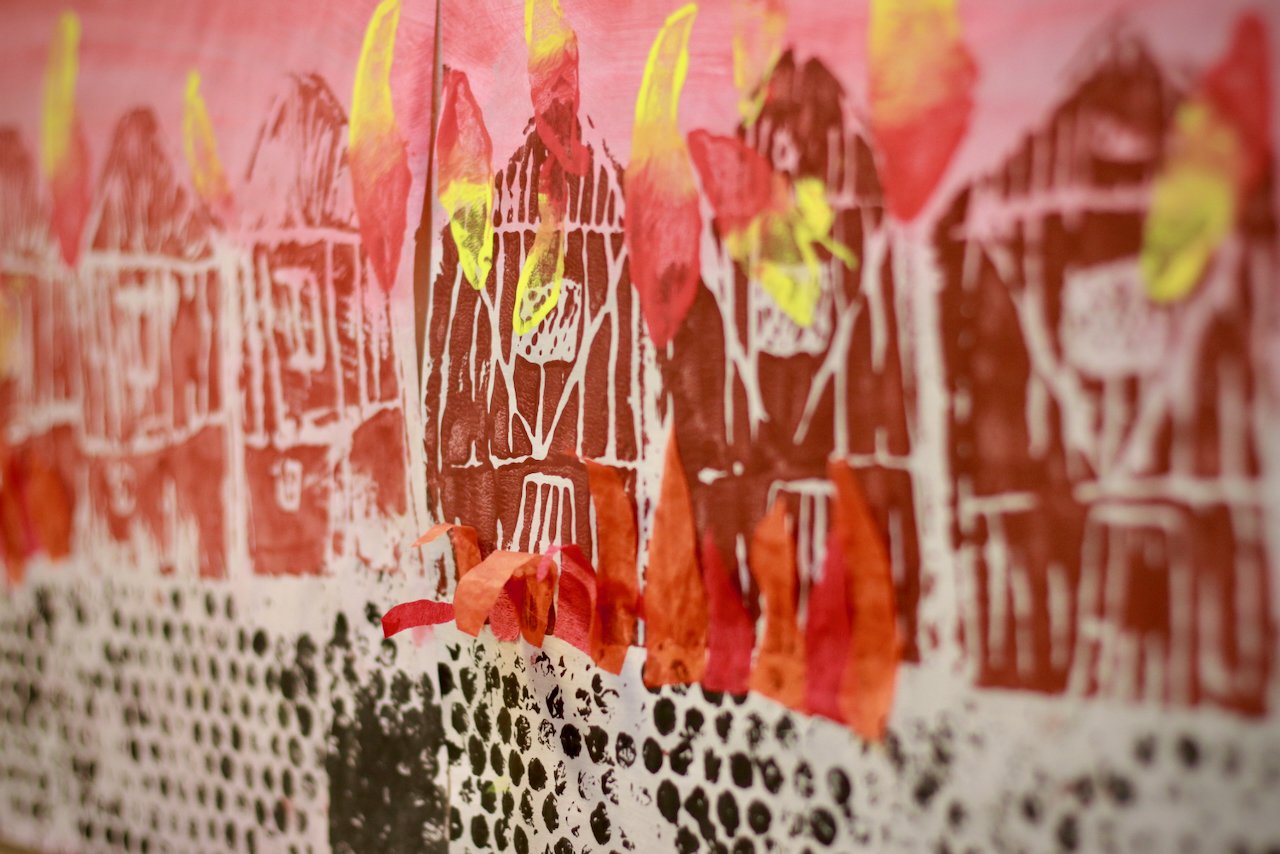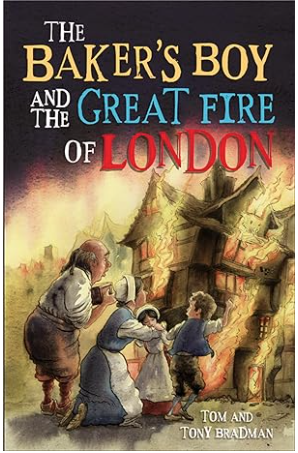History
at Netherton
At Netherton Infant and Nursery School we are historians! We want our children to love history. Our aim is that through history, we stimulate all children’s interests and understanding about the life of people who lived in the past.
We want our children to have a sense of chronology, developing identity and cultural understanding based on their historical heritage. We aim to make children aware of actions of important people in history and know about significant events in British history giving them an appreciation of how things have changed over time. History at Netherton Infant and Nursery School aims to be ambitious and motivating. Ambitious in our coverage of history and thorough teaching of historical skills. Motivating through engaging activities, trips and visitors that give all students an opportunity to question the past.
At Netherton Infant and Nursery School, we have designed our history curriculum with the intent that our children will:
Become increasingly critical and analytical thinkers.
Possess a secure understanding of the chronology of their own history, local history and other important periods in the history of Britain.
Discover links and connections to the history they learn and the wider community and locality.
Further their knowledge and explanations of change and continuity over time with regards to their personal history and the history of Britain.
Differentiate between source types and explain how interpretations in history may differ.
Draw on similarities and differences within given time frames and across previously taught history
Enquire into historical themed questions and form their own opinions and interpretation of the past.
-
The teaching, learning and sequencing of our history curriculum follows:
• A blocked topic approach has been implemented to focus on developing knowledge and skills studying each topic in depth.
• We have developed a progression of skills with each year group which allows children to build on and develop each year. There are regular opportunities to review learning and share what they know about a current topic.
• Planning for all units will cover key historical concepts: historical knowledge, chronological understanding, historical interpretation, historical enquiry and organisation and communication.
• We have a focus on the acquisition of new historical vocabulary. Vocabulary is taught in
progression across the year groups and is reviewed and reinforced regularly throughout the year.
• The EYFS curriculum supports the children’s understanding of history through the planning and teaching of ‘Understanding the World. Children find out about past and present events in their own lives, their families and other people they know. Children are encouraged to develop a sense of change over time by observing routines throughout the day, growing, observing of the passing of the season for example. Practitioners encourage investigation and historical enquiry through questioning such as ‘What do you think?’’ Tell me more.’ ‘What would happen if? ‘What have you noticed?’ ‘What could it be used for?’ Use of language relating to the passing of time is used in daily routines and conversations. Stories about the past are used to develop children’s awareness of events and people in times gone by.
• In KS1 history begins by looking at the children’s personal history and introduces them to the idea of chronology and time lines. KS1 will look at aspects of local history and significant events and people who have shaped society locally and nationally. In order to learn more and remember more, children have opportunities to review previous learning of knowledge and skills that has taken place in previous topics and lessons.
• SMSC is threaded through the history curriculum to link history to pupil’s lives and explore their heritage and cultural capital.
• Cross-curricular links are planned for with other subjects such as art, DT, English and IT.
• We aim for our history lessons to ‘hands on’. Children are given opportunities, where possible, to study artefacts and use of educational visits and visitors to enrich and enhance the children’s learning experiences and history curriculum.
• We aim to create educational and immersive displays that answer key questions and help to create a rich learning environment for each history focus.
-
• Children will become increasingly critical and analytical within their thinking, making informed and balanced judgements based on their knowledge of the past.
• Children will become increasingly aware of how historical events have shaped the world that they currently live in.
• They will begin to understand history on a national and local level and on a small-scale.
• Children will develop enquiry skills to pursue their own interests within a topic and further questioning.
• Where applicable, children will have encountered or participated in high-quality visits/visitors to further appreciate the impact of history.
• Children are to retain prior-learning and explicitly make connections between what they have previously learned and what they are currently learning.
• Children will leave Netherton Infant and Nursery School reaching at least age-related expectations. Our history curriculum will be evidenced in a variety of ways including work in books, pupil voice, and photographs of learning experiences.
• Above all, we want our children to be excited by history and have no limits to their ambitions- the future archivists, museum curators, archaeologists or research analysts!
Key documents
A few of our favourite books in History




